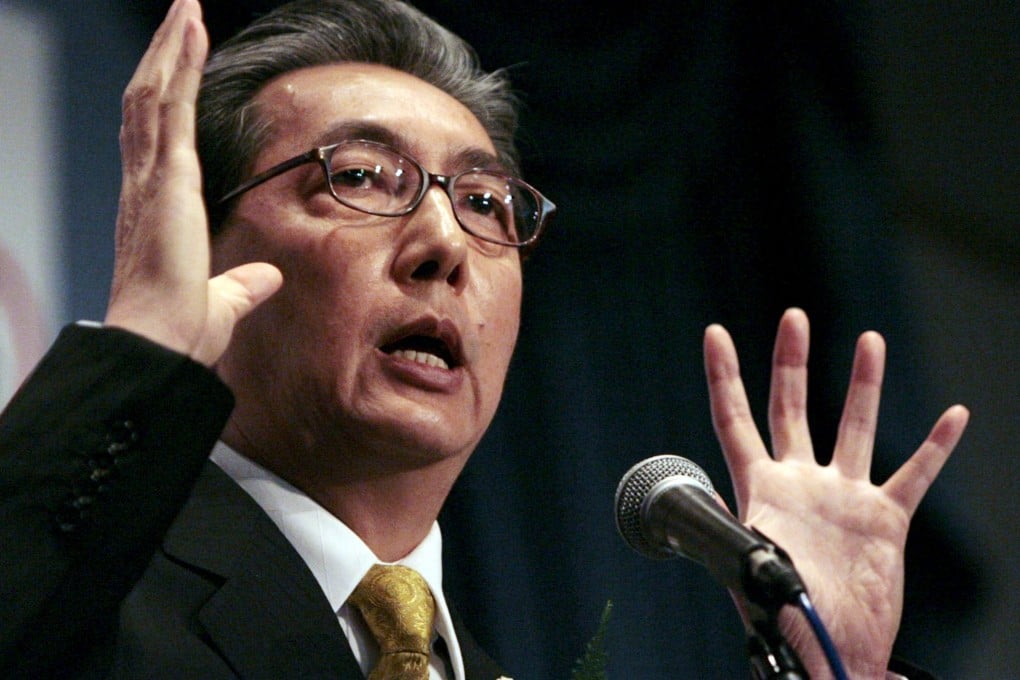Thaksinomics returns as Thailand junta rethinks revival strategy

The generals battling to revive Thailand’s economy have been loath to employ anything resembling populism, having lambasted their predecessors for policies they say haemorrhaged billions of dollars and left Thais saddled with record household debt.
But in a stark strategy shift, the military has had to bite the bullet and reopen the populist playbook of the billionaire Shinawatra family whose governments they have twice overthrown in coups.
The junta announced last week it would channel 136 billion baht (US$3.8 billion) into getting the rural masses spending to rev up an economy stuttering amid weak exports, falling factory output and scant retail growth.
The man charged to lead the economic revival plan is marketing executive Somkid Jatusripitak, the new boss of a technocrat team given three months to get the economy in shape after what amounted to a purge by the junta of underperforming policymakers last month.
The irony is Somkid, now deputy prime minister, was the architect of "Thaksinomics", the populist handouts that spurred GDP growth to as much as 7.2 per cent but angered the military-backed royalist establishment because they entrenched the popularity and electoral dominance of the man they revile – former premier Thaksin Shinawatra.
And he’s not worried about a backlash.
"I think positively," Somkid said. "You have to build the strength of the grassroots economy or else the whole economy cannot survive."